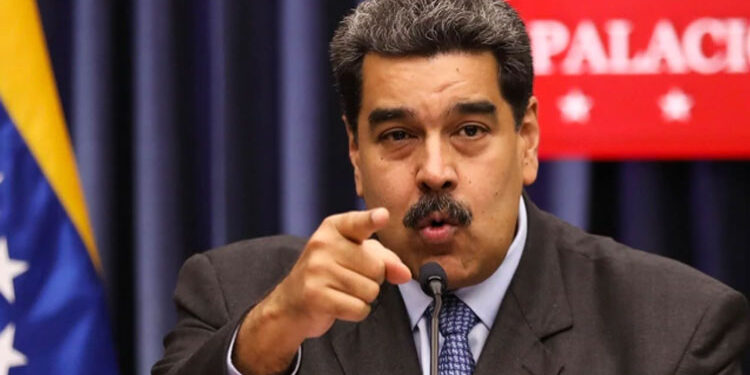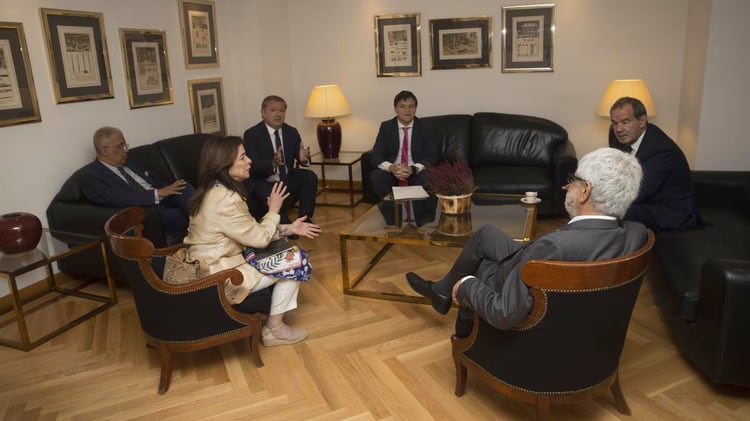The Diplomat
The EU-27 agreed yesterday to relax some provisions of the sanctions imposed on a dozen regimes, including Venezuela, Nicaragua and Tunisia, in order to make it easier for humanitarian organisations in the region to access aid sent in crisis situations, in line with the United Nations.
The Council of the European Union will introduce some exceptions on issues such as the freezing of assets that the bloc of nations applies to individuals or entities in countries such as Bosnia and Herzegovina, Burundi, Guinea, Lebanon, Burma, Nicaragua, Tunisia, Venezuela and Zimbabwe, as well as in reference to cyber-attacks, reports Europa Press.
Thus, agencies and organisations certified as EU partners will be able to carry out financial transactions with entities or persons on the sanctioned list, as long as the objective is to provide humanitarian assistance in vulnerable areas or populations in those countries.
The EU will “regularly” review the agreed exceptions to assess their appropriateness and act to adjust them if necessary in the future.
The EU believes that this flexibility in the restrictive measures adopted by the bloc – in line with the UN and other international partners – safeguards humanitarian action by “impartial” actors. It argues that this decision sends a clear message to humanitarian operators and economic actors that the EU’s sanctions policy “will not hinder” the provision of humanitarian assistance.







